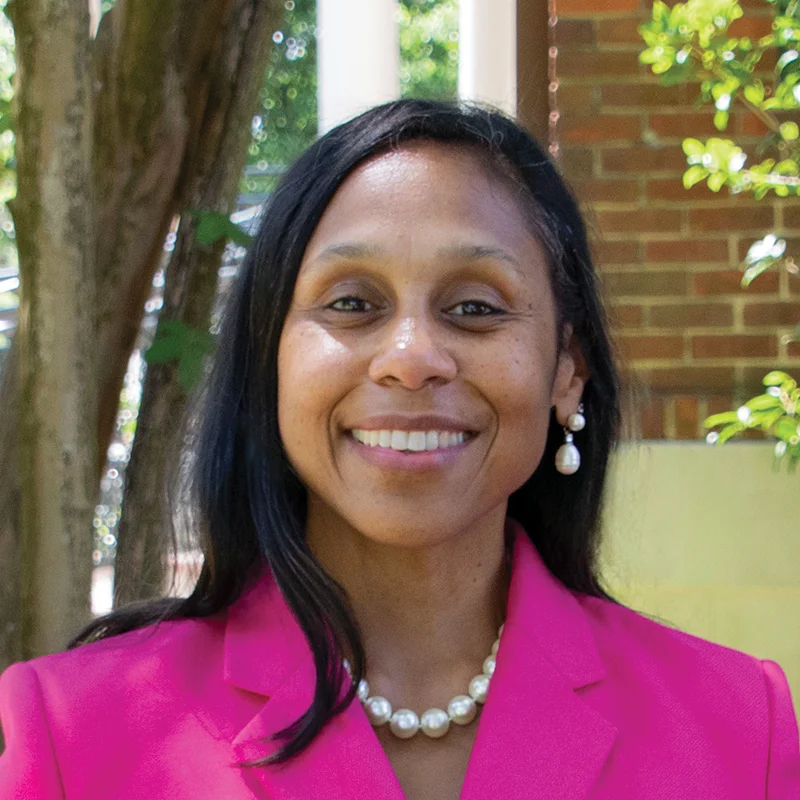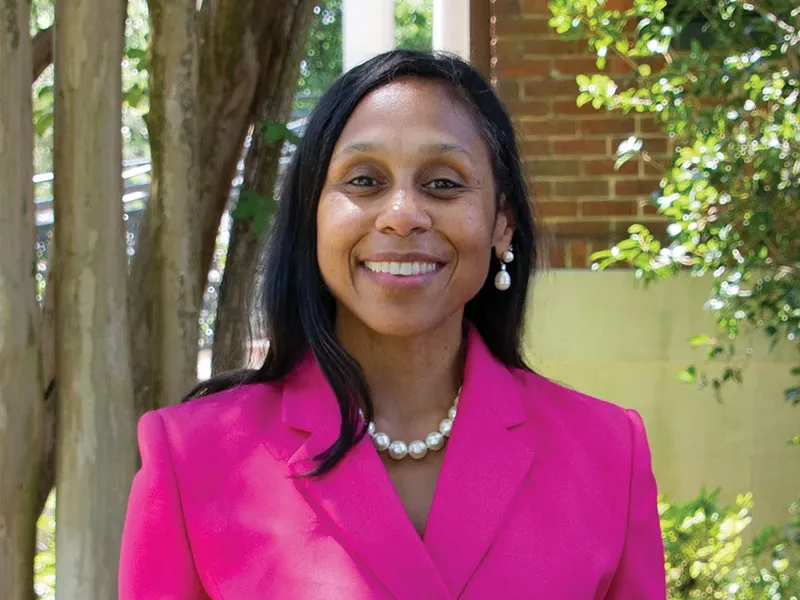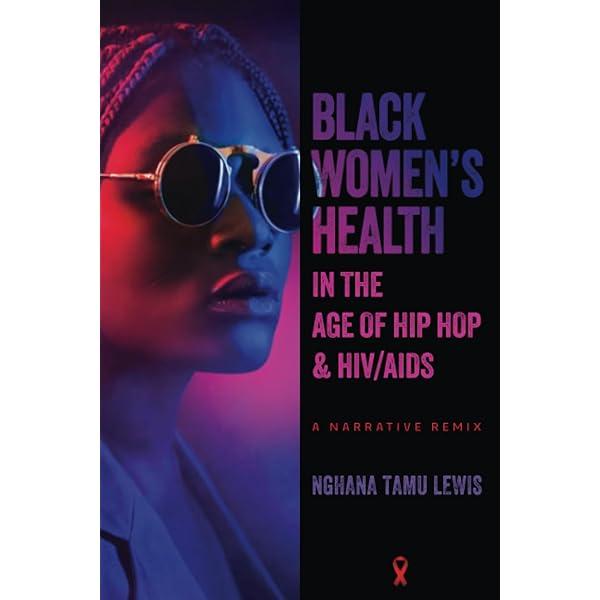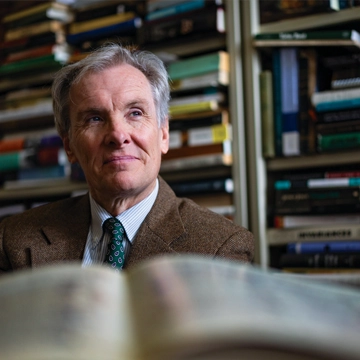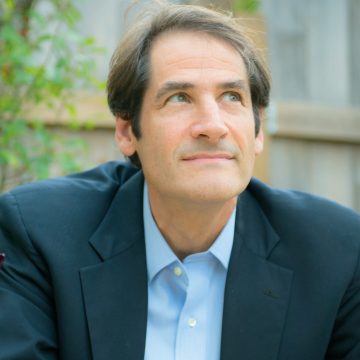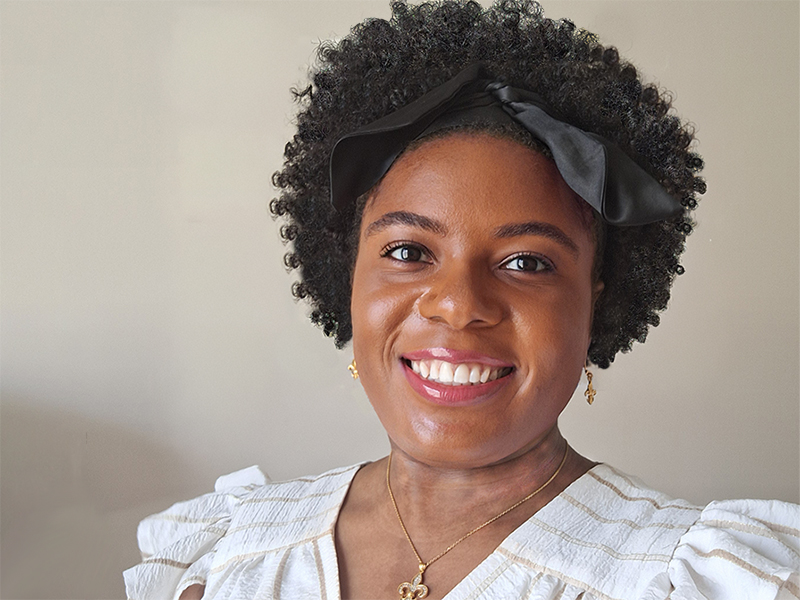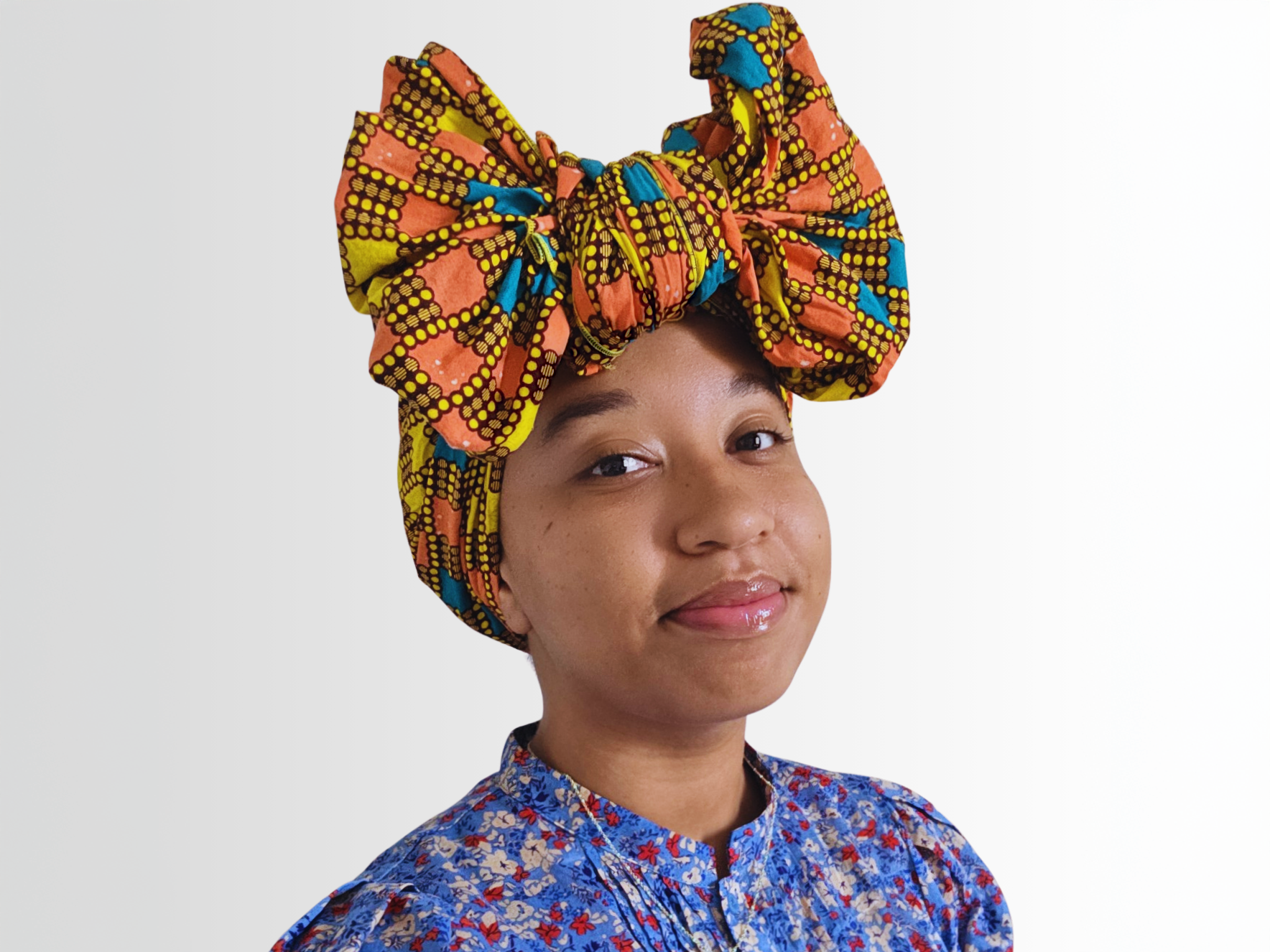Brian T. Edwards, Herb Weil, PhD Professor of Humanities, and Dean of the School of Liberal Arts at Tulane.
Originally published in the 2025 issue of the School of Liberal Arts Magazine
Wherever you fall on the question, it’s clear we’re in the middle of another major battle in the culture wars. Over the past year, the challenges posed to liberal arts education have become particularly fierce. Government cuts have left thousands of scholars of the humanities, social sciences, and arts without funding to continue their research — federal grants abruptly revoked in midstream — and put many academics on the defensive to justify their work.
Meanwhile, artificial intelligence promises to summarize complex arguments, to write faster, and to do higher-order thinking in a matter of seconds, pulling the carpet out from under the feet of educators and students alike. The hostilities have entered a new stage.
But if there is a public debate about higher education, inside universities there is another animated discussion about how or why the liberal arts matter. I call this the “Great Liberal Arts Debate.” Not everyone working in the humanities and social sciences is engaged actively in this conversation. Indeed, I am hoping to provoke a more open dialogue. I fear many of us have slipped into easy assumptions about the work we are doing. Too much is at stake not to reconsider the question with rigor.
And though much about higher education has become politicized, the fault lines here do not divide across traditional political lines.
Back to the Future?
That was not always the case. Readers who went to college in the 1980s or early 1990s might recall the culture wars
of that era, when books such as The Closing of the American Mind by Chicago classicist Allan Bloom and Cultural Literacy by E.D. Hirsch were national best sellers. In those years, traditionalists recoiled from the expansion of the canon and the revision of the core curriculum at schools such as Columbia or Stanford, where the battles were fierce.
On the other side, those who fought for what philosopher Charles Taylor called “the politics of recognition” suggested that an acknowledgment of the multicultural basis of American society and a non-hierarchical appreciation for world cultures warranted profound changes in what students learned.
Both sides, nonetheless, believed that students needed to read specific content. Whether or not Samuel Taylor Coleridge got bumped from the English literary survey for Olaudah Equiano, or Saul Bellow from the American survey for Toni Morrison, there were common texts to be read. The sides just couldn’t agree on what they were.
As those debates rippled through liberal arts colleges and universities, including Tulane, the pressure on which texts to hold on to, if any, increased. In the last two decades, a perfect storm of forces — the economic crises of 2008 and 2020-21, the impact of the digital revolution and AI, and skyrocketing costs for undergraduate education — put pressure on educators to justify the value proposition of the liberal arts.
Over the last year, figures such as Christopher Rufo, Peter Thiel, and Stephen Miller rose in influence. Their crusader-like critiques of higher education brought this pressure to an existential level. And that’s where the great debate takes a new turn.
What is to be done?
What, then, is the value of a liberal arts education? Let’s take a step back and employ liberal arts thinking to approach the problem itself.
First order of business is how we frame our arguments and the logics by which we defend our significance. Defenders of the liberal arts congregate around two poles. For the sake of shorthand, let’s call one a focus on content and the other an emphasis on aptitudes.
Do the disciplines and their core texts — if we could agree on them — matter in and of themselves? Or are our greatest attributes the critical thinking, communication skills, and creative problem solving that a liberal education seems uniquely suited to provide?
These debates are hardly new. They go back at least as far as Plato’s famous allegory of the cave and his delineation of the essential and foundational disciplines of an ideal education. The so-called trivium of Grammar, Logic, and Rhetoric undergirded upper-level disciplines of Arithmetic, Geometry, Music, and Astronomy (the quadrivium). And those, in turn, would form the basis for “practical” education in disciplines such as Medicine or Architecture — what we would today call professional education.
Two-and-a-half centuries after Plato’s death, Cicero gave us the term “liberal arts” in the service of an argument for what kind of education was good for the health of the Republic itself. For the Roman statesman and orator, free-thinking citizens were those who had been educated broadly in Philosophy, History, and Rhetoric, and these in turn would provide political and moral stability.
In the early republic of the United States, this thinking led several of the Founders to argue for the establishment of a national university — Washington left a bequest in his own will for this purpose. Thomas Jefferson, Benjamin Franklin, and physician Benjamin Rush variously argued that a stable democracy relied on an educated citizenry. While there were differences in the details (in his prescriptions for education, Franklin included Commerce and the “Useful” alongside fields that focused on the “Ornamental,” whereas Jefferson placed greater emphasis on the classics), the general parameters resonate profoundly with the liberal arts approach we champion at Tulane today. So, what happened?
Choices, choices, choices
In my list of the classical disciplines, you might note that some are still with us, while others have receded in importance. Today’s Tulane student can still study Logic and Music, for example, but a major in Grammar would be untenable. Many of the core liberal arts disciplines of today emerged during the 19th and 20th centuries, when fields such as Economics, Anthropology, Sociology, Political Science, and Communication were established and elaborated. (Political Science, Economics, and Communication are our three most popular majors.)
But it is more than the proliferation of disciplines that forces the great debate. While our departments focus necessarily on different content, they are better understood as differing approaches and methodologies for understanding the world, society, and human meaning-making.
How do professors decide what is important for their students to study? Every choice of what to put on a syllabus is underwritten by a belief that some content is more important than others.
And for the student, what major or discipline is the best pathway to success, however we define it? I frequently encourage students to follow their passions and proclivities and to feel confident that they are not mortgaging their futures by so doing.
This is the “great debate” in a nutshell. Does it matter what we teach and, more importantly, what students learn for the content, or for the patterns of thinking that the liberal arts cultivate, from Philosophy to Economics, from the reading of poetry to the study of algorithmic thinking (which is how I understand Computer Science as a liberal art), or from Music Theory and Harmonics (part of the original quadrivium!) to labor history?
At Tulane’s School of Liberal Arts, you will find a range of opinions across the faculty.
Should there be a common core, as literary scholar Michael Kuczynski argues in this issue, whether it is based around the Western canon or an expanded set of texts and authors? Or does a liberal education do its magic by focusing on aptitudes — including critical thinking, communication, civics, citizenship, and collaboration — that can be learned in a wide range of fields in the social sciences and humanities, as classicist Susann Lusnia argues? That would seem to be the basis of economist Doug Harris’s approach to thinking about the “state of the nation,” wherein he brought together experts from across the political spectrum to identify non-partisan measures by which to chart our country’s standing.
Philosopher Ronna Burger takes us in yet another direction and turns the question on its head. Burger argues that it is precisely a specific content — the great books that have occupied thinkers and students for centuries — that allows us to most efficiently and richly develop the aptitudes associated with liberal education. And historian Shennette Garrett-Scott argues that by defining the poles this way at all, we are limiting ourselves from a perspective that would put both in tension.
The Verdict
You might have guessed by now that I am not going to land on one or the other side of this debate. And that’s precisely because of my own commitment to the liberal arts. I admit that my frequently repeated proposition that a liberal arts education is the best training for the careers and challenges of the future has relied on and perpetuated the “aptitudes” pole. Yet our commitment to 32 different departments and programs would suggest a belief in “content”: that there really are specific things students need to know.
I do believe that there are certain texts and authors that every Tulane student should engage with and key ideas to discuss across a wide range of fields. I am also a champion of language learning and a global approach to the liberal arts, and we have expanded both the range of languages and the world areas that we teach across the school. And so, I resist the argument that we should require any specific curriculum, since every choice comes at the expense of another. Four years is after all a short time. I have had nearly four decades of wide reading and study since I entered college, and I still haven’t caught up.
There are many pathways to problem solving and critical thinking and many inescapable and unavoidable authors and thinkers to grapple with. That is too the joy of the liberal arts — its unpredictability and its inexhaustibility.
Brian T. Edwards serves as dean of the School of Liberal Arts, where, since 2018, he has led the largest of Tulane's nine schools, encompassing 32 departments and programs in the social sciences, humanities, area studies, and fine and performing arts.
